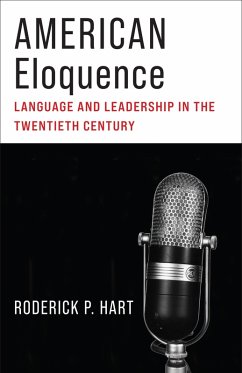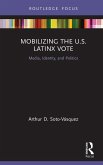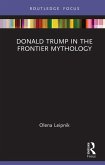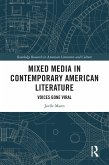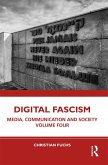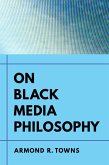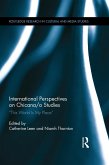What makes political speech powerful? How does eloquent rhetoric transcend ordinary language? Which stylistic choices allow effective orators to stir emotions and spur action? And in the age of Donald Trump, does political eloquence still matter?
This book examines a wide swath of political discourse to shed new light on the meaning and significance of eloquence. Roderick P. Hart, a leading scholar of political communication, develops new ways of measuring persuasiveness and rhetorical power through the use of computer-based methods. He examines one hundred of the most important speeches of the twentieth century, given by presidents and politicians as well as leaders, activists, and cultural figures including Martin Luther King Jr., Lou Gehrig, Mario Savio, Carrie Chapman Catt, and Stokely Carmichael.
Deploying the tools of the digital humanities as well as critical rhetorical analysis, Hart considers what distinguishes the linguistic properties of iconic oratory from those of more mundane texts. He argues that eloquence represents the confluence of cultural resonance, personal investment, and poetic imagination, providing empirical metrics for assessing each of these qualities. A quantitative and qualitative exploration of American political speech, this interdisciplinary book offers a powerful argument for why eloquence is essential for a functioning democracy.
Hinweis: Dieser Artikel kann nur an eine deutsche Lieferadresse ausgeliefert werden.
This book examines a wide swath of political discourse to shed new light on the meaning and significance of eloquence. Roderick P. Hart, a leading scholar of political communication, develops new ways of measuring persuasiveness and rhetorical power through the use of computer-based methods. He examines one hundred of the most important speeches of the twentieth century, given by presidents and politicians as well as leaders, activists, and cultural figures including Martin Luther King Jr., Lou Gehrig, Mario Savio, Carrie Chapman Catt, and Stokely Carmichael.
Deploying the tools of the digital humanities as well as critical rhetorical analysis, Hart considers what distinguishes the linguistic properties of iconic oratory from those of more mundane texts. He argues that eloquence represents the confluence of cultural resonance, personal investment, and poetic imagination, providing empirical metrics for assessing each of these qualities. A quantitative and qualitative exploration of American political speech, this interdisciplinary book offers a powerful argument for why eloquence is essential for a functioning democracy.
Dieser Download kann aus rechtlichen Gründen nur mit Rechnungsadresse in A, D ausgeliefert werden.
Hinweis: Dieser Artikel kann nur an eine deutsche Lieferadresse ausgeliefert werden.

